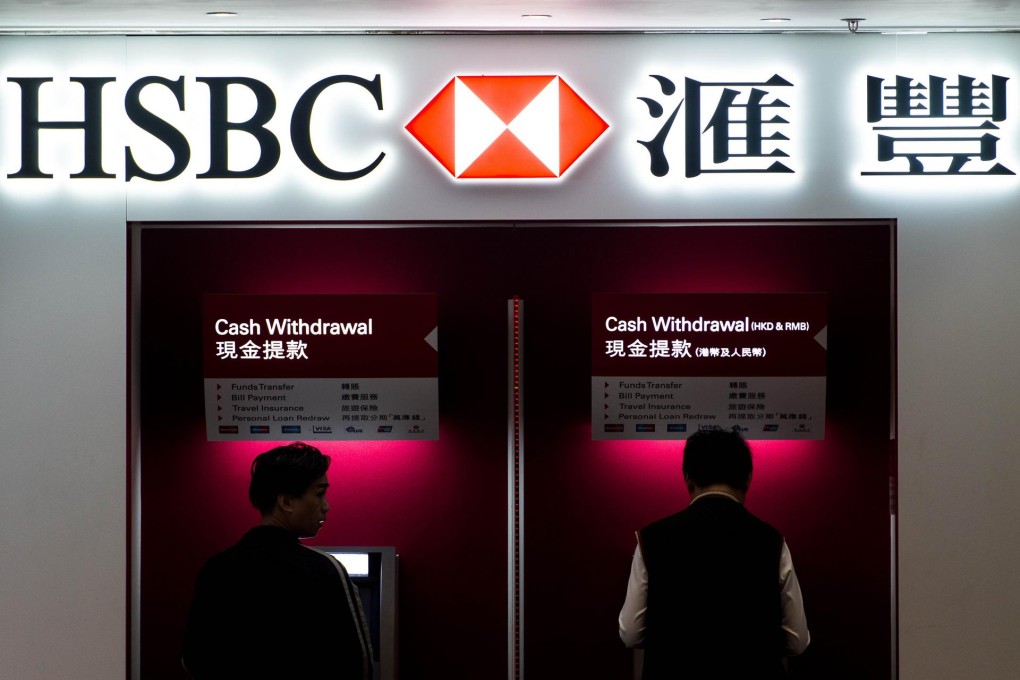Lai See | The 64,000-dollar question about HSBC's ATM cards

The HSBC automated teller machine card story will not go away. Readers will recall that for many months HSBC customers were unable to use their ATM cards outside Asia because it was linked to the UnionPay payment network, which is virtually useless outside Asia. After several months of scathing criticism from severely irritated customers, HSBC eventually bowed to the inevitable and introduced a new ATM card that is linked to the Plus payment network. However, the new card is linked to the customers' current accounts. This has caused some concern among those who think this has provided another avenue for HSBC to screw them.
Unaccustomed as we are to protecting HSBC's backside, we feel that on this occasion the bank is trying to do the right thing. People have become exercised over this because they feel that when they go abroad, they need to ensure they have sufficient funds in their current accounts so they can use their Plus ATM cards.
HSBC says that if clients use its ATMs in Hong Kong and abroad, they will be able to access both their current and savings accounts. But if they have to use a third-party ATM, there is a chance they will not have the option to access both accounts. In this case, it is possible they will have to withdraw funds from their current accounts.
Customers may recall that HSBC had advised customers to link their credit cards to their savings accounts before they went abroad in the hope that if the ATM card failed, they could access their savings accounts through their credit cards. This worked at some ATMs only.
The 64,000-dollar question, however, is why the Plus-linked ATM card cannot use the savings account as the primary account. HSBC says this is because the UnionPay ATM card is already linked to the savings account and the system configuration doesn't permit two cards to be linked to the same account as the primary account. It says there is no revenue-enhancing motive in all this and that it has nothing to do with the commercial arrangements with UnionPay.
As ever, feel free to advise us of your experience with these cards.
